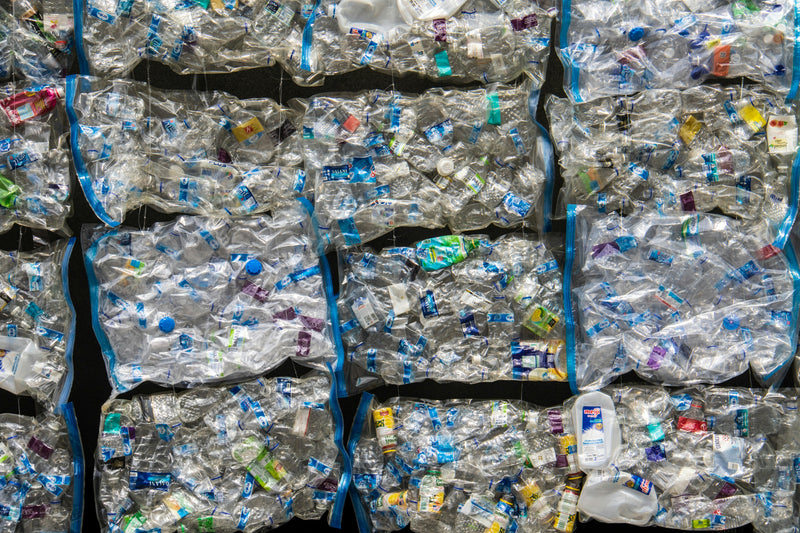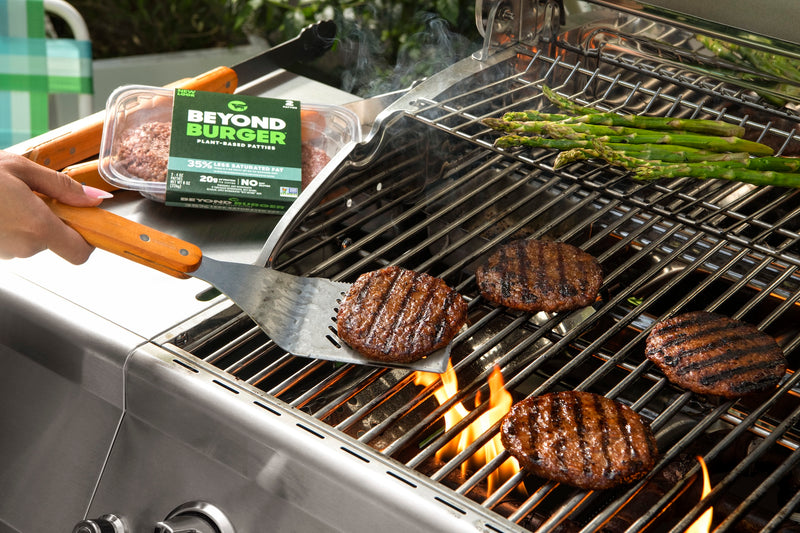The U.S. is really, err, skilled at wasting food.
Americans and U.S. businesses waste about 80 million tons of food every year, according to the food waste non-profit ReFED. That equals 149 billion meals and roughly 33% of all food produced.
When we toss out food, however, it’s not just a wasted resource. It’s also an environmental nightmare.
Fortunately, there are new tools for consumers and business owners that can help reduce the impact. Let’s take a look.
The environmental toll
When we throw away food, it’s most frequently sealed in a plastic trash bag and then covered in a landfill heap, preventing its natural decomposition. When that happens, rotting food produces methane, a greenhouse gas with 80 times the warming power of carbon dioxide.
“About 6-8% of all human-caused greenhouse gas emissions could be reduced if we stop wasting food,” the World Wildlife Fund reports. “In the U.S. alone, the production of lost or wasted food generates the equivalent of 32.6 million cars’ worth of greenhouse gas emissions.”
Food waste’s other costs
On top of the emissions nightmare, food waste unnecessarily strains natural resources, including water, land degradation, and energy. Excessive farming for surplus food can also lead to deforestation and habitat loss, threatening biodiversity.
There are also social costs to food waste that raise ethical considerations. About 44 million Americans — many of whom are children — are food insecure. That means they lack reliable access to sufficient, affordable, nutritious, and culturally appropriate food.
Despite the significant need, much of what is deemed "waste" is perfectly edible. However, it isn’t economical for businesses to reach these folks — which is why about 30 percent of food in grocery stores is thrown in the garbage.
Five apps to curb food waste
-
Too Good To Go — This iOS and Android app connects consumers with food from local restaurants, bakeries, and grocery stores to sell "surprise bags" at about 33% of the list price. The Certified B Corp. has saved 200+ million meals and has partnered with over 87,000 local food businesses.
-
NoWaste — This app is awesome for helping keep track of what's in your fridge. You can create lists for your fridge, freezer and cupboards and use them to plan your meals and streamline shopping. Easily add new items by scanning the barcode.
-
OLIO — Touted as a way to restore your faith in humanity, OLIO is a local sharing app for passing on things you don’t need to people who live nearby. From food and clothes to books and toys, you can gift your soon-to-be-wasted items to someone in your area.
-
giki — If you’re hoping to shop more sustainably, the giki app is great. Giki has a detailed carbon calculator that can personalize your estimated carbon footprint based on however detailed you’d like to get with data entry. You can scan food items, home products, electronics, and more.
- FoodCloud — Based in Ireland, FoodCloud connects supermarkets with charities and community groups, and helps facilitate the donation of leftover food. Supermarkets upload available items, and connected charities can receive notifications.





